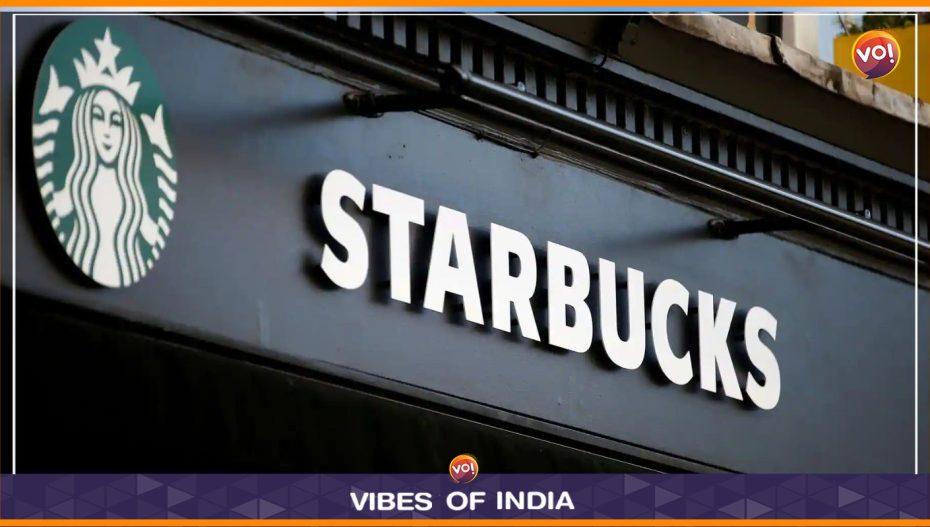After allegations that some of Starbucks Refresher fruit drinks deceive customers by lacking actual fruit, the company is set to face a legal battle. US District Judge John Cronan in Manhattan has denied the coffee chain’s request to quash nine out of 11 claims in the pending class-action lawsuit.
Consumers argue that popular beverages offered by Starbucks like Mango Dragonfruit, Pineapple Passionfruit, and Strawberry Açai don’t contain any of the fruits highlighted in their titles. Instead, the main ingredients listed were water, grape juice concentrate and sugar.
Joan Kominis from Astoria, New York, and Jason McAllister from Fairfield, California, have filed the lawsuit. They claim that Starbucks has violated consumer protection laws in their respective states by charging a premium for misleadingly named drinks. The lawsuit, initiated in August 2022, seeks at least $5 million in damages.
Starbucks defended itself by stating that the names of the beverages were meant to describe their flavour profiles, not their ingredient lists. The Seattle-based company also argued that no reasonable consumer would be confused by the naming, asserting that in-store staff could have clarified any misconceptions.
However, Judge Cronan noted that, unlike the term ‘vanilla’, which has been the subject of multiple lawsuits, words like ‘mango’, ‘passionfruit’ and ‘açaí’ are generally understood to indicate not just flavour but also the presence of the ingredient itself.
As per the judge, the confusion is also understandable as other products from Starbucks, such as the Ice Matcha Tea Latte and Honey Citrus Mint Tea, do contain the ingredients named.
Two of the original claims—fraud and unjust enrichment—were dismissed by the judge, citing a lack of evidence that Starbucks had fraudulent intentions.
In response to the legal development, Starbucks issued a statement. The company insisted that the lawsuit’s claims were “inaccurate and without merit”. It expressed eagerness to present its case in court. Robert Abiri, who represents the plaintiffs, said he was satisfied with the judge’s decision to proceed and looked forward to representing the proposed class.
Also Read: Rupee Tumbles To New Low Against US Dollar












